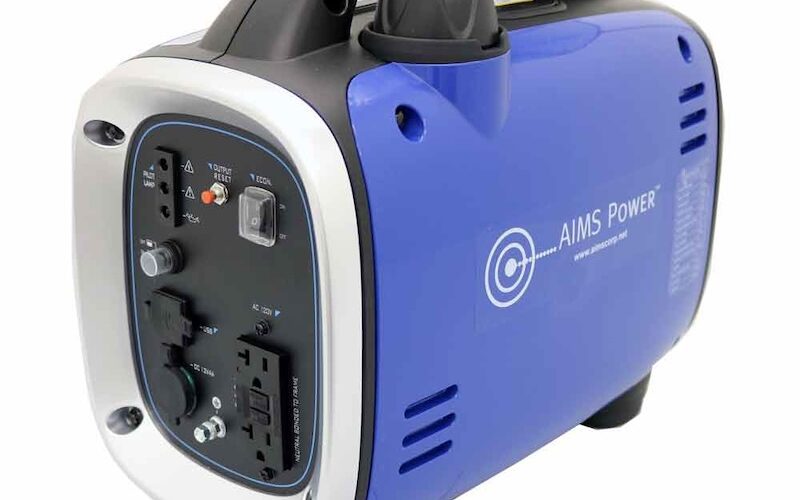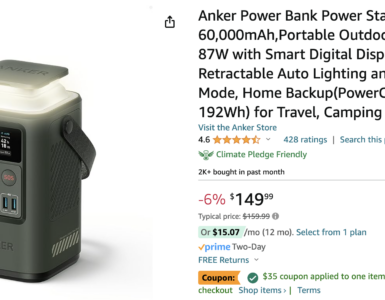An inverter generator is a type of portable generator that uses advanced technology to produce AC (alternating current) power with greater efficiency, stability, and precision. Unlike conventional generators that produce AC power directly from the engine, inverter generators use a three-step process to convert the raw power produced by the engine into high-quality AC power.
The first step is to produce DC (direct current) power through an alternator. The second step is to convert the DC power into AC power through an inverter. The third step is to regulate the output frequency and voltage of the AC power to match the desired specifications.
The main advantage of inverter generators is that they produce a stable and clean power output that is safe for sensitive electronic devices like laptops, smartphones, and medical equipment. They also tend to be quieter and more fuel-efficient than conventional generators, which makes them a popular choice for camping, RVing, tailgating, and other outdoor activities.
Inverter generators come in a range of sizes and power capacities, from small models that can power a few electronic devices to large models that can run an entire household. They typically use gasoline as fuel, although some models are designed to run on propane or natural gas.
Overall, inverter generators are a reliable and efficient source of portable power that can meet the needs of a wide range of applications.


















